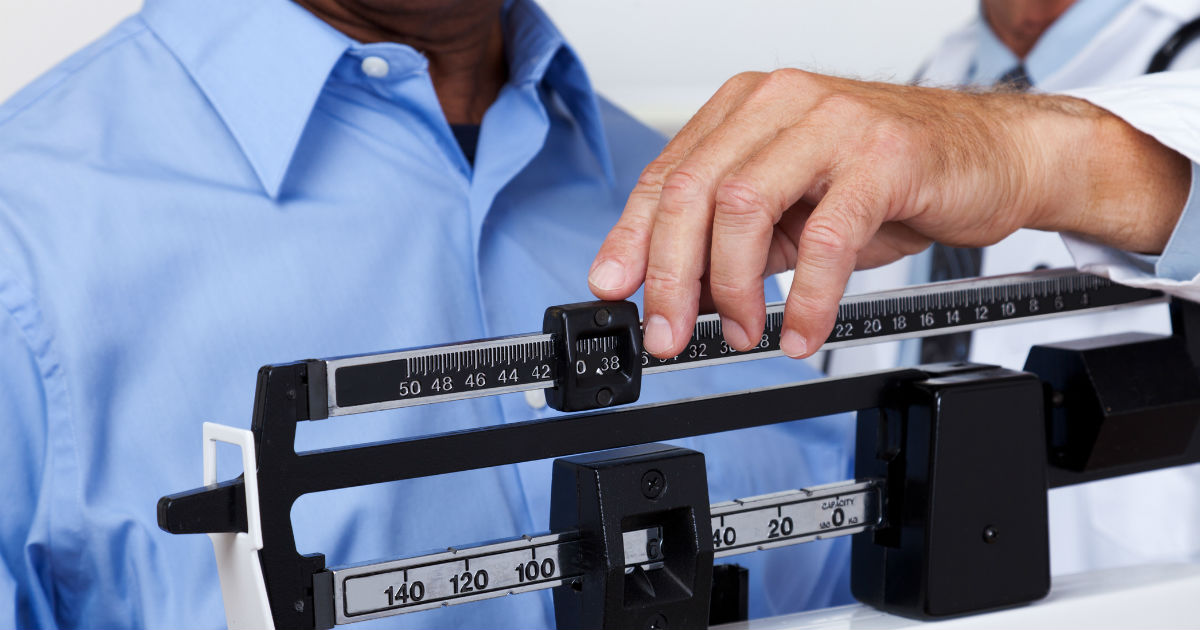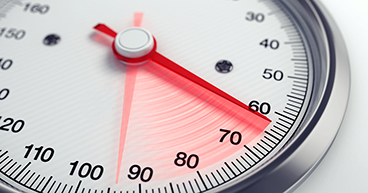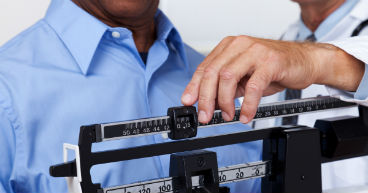
Cancer, its symptoms and the side effects of treatments may take a toll on a patient’s appetite, making it difficult to maintain a healthy weight. Nausea, vomiting, diarrhea, taste changes and mouth sores are side effects that can make it difficult to eat. Cancer also affects the body’s metabolism. In its attempt to fight the disease, the body may expend more energy, making it necessary for the patient to consume more calories to maintain a healthy weight. Cancer also produces molecules called cytokines that may change the way the body processes food energy, causing a decreased appetite and weight and muscle loss.
To help patients maintain or gain weight during cancer treatment, Zachari Breeding, an Advanced Clinical Oncology Dietitian at Cancer Treatment Centers of America® (CTCA) in Philadelphia, advises that they find ways to increase the number of calories they consume. “You can’t eat what you used to,” Breeding says. “You must eat for your new body with cancer.”
Everything we eat is broken down into three categories known as macronutrients: protein, fats and carbohydrates. It’s essential to consume each of these nutrient groups, says Breeding, who cautions that going on a low-carb or low-fat diet is not advised during cancer treatment. Since fat has more than double the number of calories per gram than protein or carbs (protein has 9 calories per gram; carbohydrates have 4 calories per gram), it’s mathematically more efficient to increase fat intake to boost the number of calories you’re consuming. Fat is also the last nutrient the body breaks down, so when trying to maintain or gain weight, you should eat more healthy fats, Breeding says.
Muscle loss is also a concern because research shows it may weaken the body’s immune function, Breeding says. “If you’re losing muscle secondarily because you can’t meet the body’s protein and energy needs, you’re also compromising the immune system, which may make treatment side effects worse, further causing you not to eat and lose weight.” Eating plenty of protein is also key to staving off muscle loss, he says.
Breeding offers the following tips for maintaining or gaining weight during cancer treatment:
- Eat plenty of healthy fats, such as fatty fish (salmon, sardines, tuna, trout and snapper), as well as coconut oil, butter, olive oil, avocados, nuts and nut butters.
- When you’re fatigued or lacking an appetite, drinking requires less effort than chewing. Fruit and veggie smoothies made with coconut oil, flax seed oil and/or peanut butter are a good option.
- Eat more often throughout the day. Try small, high-calorie portions or adding supplements to a smoothie. Be sure to check with your care team about supplements you may need to avoid.
- Off-the-shelf meal replacement drinks are okay, but Breeding cautions that because they only come in a few flavors, people tend to tire of them quickly. To avoid shake burnout, try changing the flavor of the shakes by mixing it with ice cream in a blender, or using it a milk base for cereal.
- Consider meeting with a registered dietitian or nutritionist who can work with you to develop a nutrition plan based on your health history, disease type, treatment plan and personal preferences.
- Don’t drink too much caffeine, which may contribute to dehydration. Staying hydrated is especially important when fighting cancer. One or two cups of coffee a day is fine, Breeding says, but make sure to also drink plenty of water.
- Be careful not to eat too many high-fiber foods when trying to gain weight. Foods that are high in fiber may fill you up quickly. If you eat a lot of vegetables make sure to balance them with protein and fat. Veggies are good for you, but they won’t help you gain weight.



